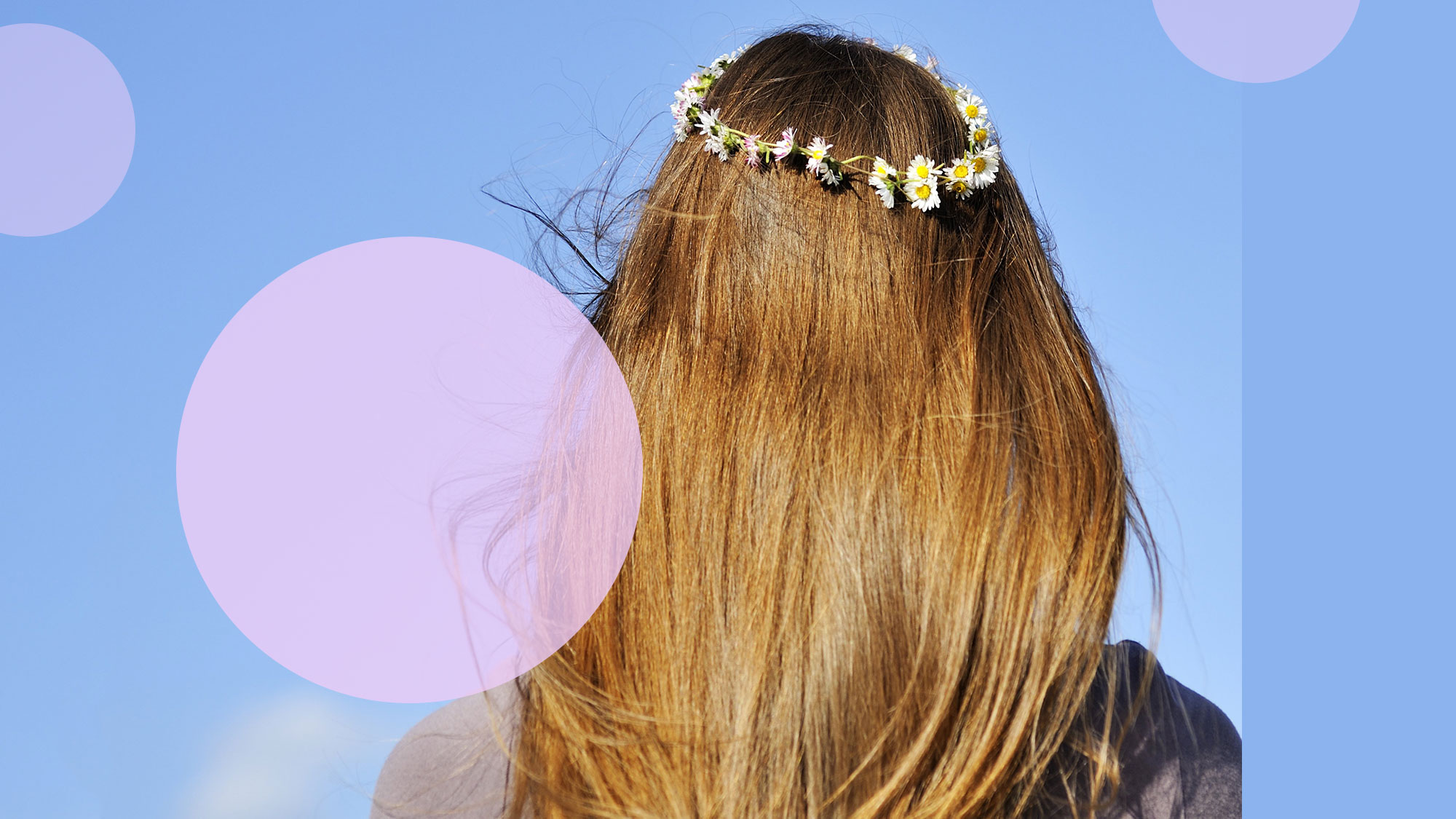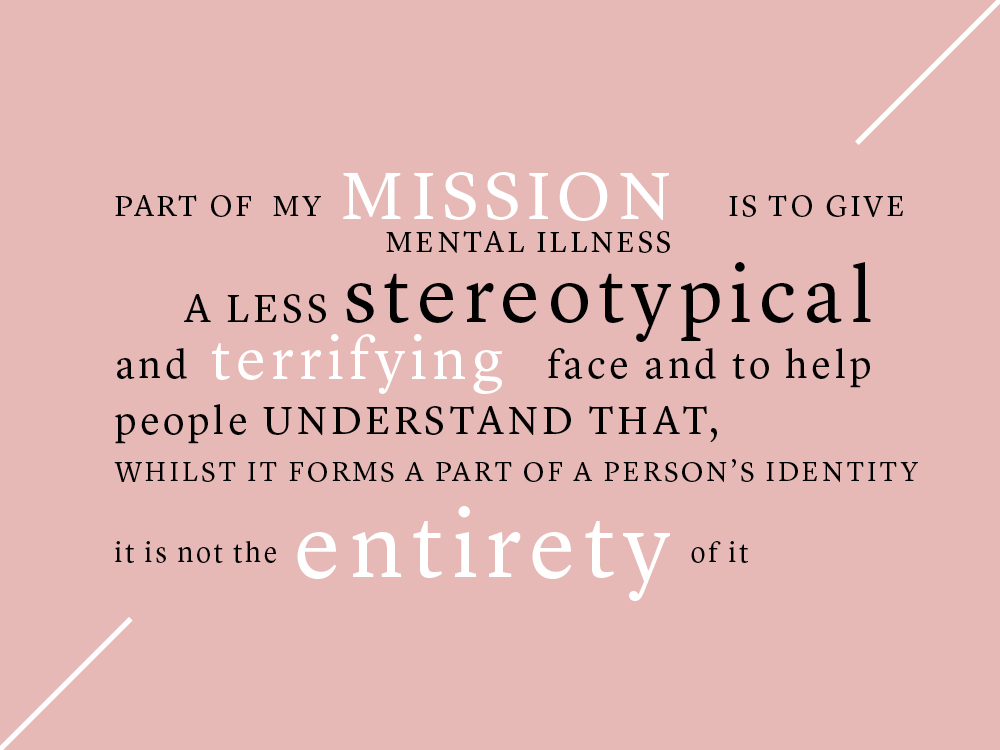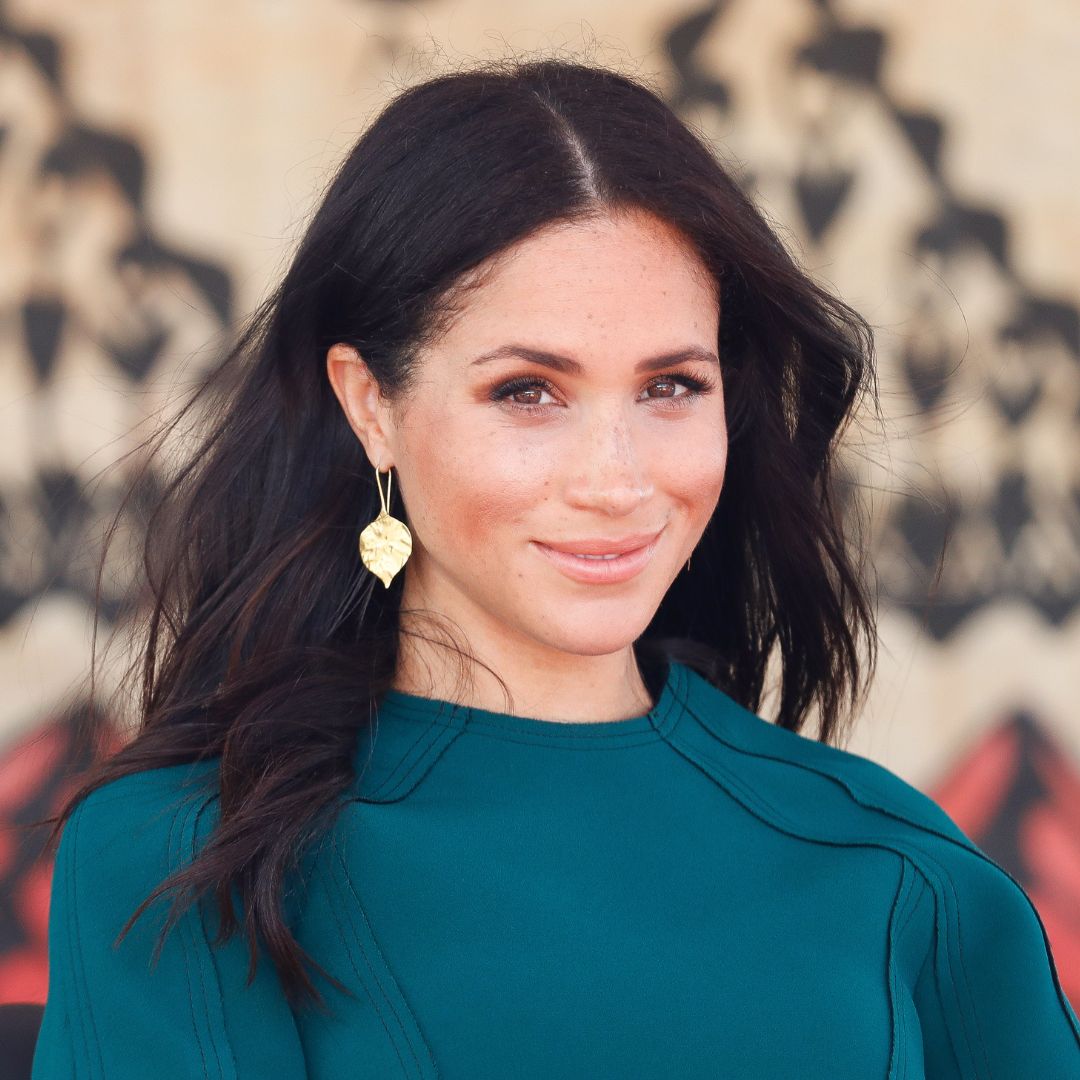7 ways to look after your mental health
With three in four people now experiencing symptoms of poor mental health, as reported in a new study by Business in the Community (BITC), Natasha Devon and Caroline Hounsell share their advice on how to look after your mental health this #MentalHealthAwarenessWeek…


With three in four people now experiencing symptoms of poor mental health, as reported in a new study by Business in the Community (BITC), Natasha Devon and Caroline Hounsell share their advice on how to look after your mental health this #MentalHealthAwarenessWeek…
Caroline Hounsell is a psychotherapist and one of the directors at Mental Health First Aid England. She is the founder of Phoenix Philosophy, which provides mental health training, psychotherapy and design, and delivery of bespoke training in equalities and life management.
‘Taking time every day to process everything that’s happened is really important. I like to take ten minutes a day to have a catch-up with myself, (usually when I’m having a bath!) just to think about what’s gone on that day and to see how I’m feeling. Having some time to check-in on my own well-being, to ask why I might not be feeling great, or to think about how to approach challenging tasks ahead can, I find, be a great way to ensure things don’t get on top of me as the week progresses.
‘Every month I plan and build in ‘me’ time at regular intervals. Having a meeting with yourself and tech-time outs are great ways to help you process everything and unwind, but planning long weekends or a week of annual leave for yourself are equally important for your mental well-being. I schedule day trips with friends or a date night with my partner and use this kind of time to catch-up with family I haven’t seen in a while. For me, in terms of my well-being, fixing this time in my calendar can be the difference between a month where I feel like I’m ‘surviving’ and a month where I’m ‘thriving’.
‘I believe that fun, creative stimulation and good well-being go hand in hand. A lot of focus is often placed on the link between exercise, good nutrition and mental health, and whilst I certainly advocate both, I’d also emphasis a need to nourish our minds. For me, this can be everything from painting and interior design to travelling and learning about new cultures. We all have our own way of doing this, but when we are having fun it releases endorphins and makes us feel good about ourselves. Creative expression can also help release any pent-up stress – often it’s when we are stressed that we stop doing the things that make us happy, so it’s important that we mandate this into our lives. It isn’t a luxury it’s a necessity.
‘Speaking to mental health charity Calm last month, Prince William made the point that our “stiff upper lip culture” should not be at the expense of our mental health. I find that being honest and open about my well-being with myself and others and accepting when things aren’t quite right is the first step to helping to address and improve things. As implied by Prince William, a cultural mentality of bottling up our feelings and managing alone is counterproductive and is, I suspect, a trait in those who are ‘surviving’. Accepting when we’re struggling and then starting conversations to share our feelings with our close friends, family or partners is important in moving from ‘surviving’ to ‘thriving’ when it comes to our mental well-being.’

Videos you may like:
Video you may like:
Natasha Devon MBE has experienced mental health issues from a young age and has tirelessly campaigned for better mental health support throughout her career. Along with two of her best friends, she set up the Self Esteem Team, an education programme designed to help tackle mental ill health in eight to eighteen year olds.
Marie Claire Newsletter
Celebrity news, beauty, fashion advice, and fascinating features, delivered straight to your inbox!
'"What if I have a combination of allergies, poor immunity, mild Crohn’s disease, Raynaud’s syndrome and a yet-to-be-identified virus?” I asked my GP, as she rolled her eyes and told me I really must stop Googling my symptoms. We both knew why I was really there and what was causing my hair loss, stomach cramps, dehydration, poor circulation and vitamin deficiencies. I’d been bulimic for eight years. Yet somehow, even though I was desperate to get better, I couldn’t bring myself to say the words.
‘A lot of people would talk about “stigma” at this point and I can’t deny that was an element of my unwillingness to admit I had an eating disorder. But a more accurate way to describe my take on the situation would be prejudice. My scant and inadequate mental health education had led me to develop ideas about the ‘type’ of person who had problems with their mental health. I was so far removed from the bony, toothless, straight-jacket wearing person I associated with mental illness.
‘It was that gulf, between my idea of what mental illness “looked” like and what I saw when I looked in the mirror that stopped me from getting the help I needed. Yes, it was stigma, but it was also a feeling that I didn’t really deserve any help, because if you passed me in the street you would probably think I was fine.
‘I’ve been recovered from bulimia for almost ten years, now, although I still have the anxiety disorder which was eventually recognised as being my “primary” (i.e. the underlying diagnosis, with bulimia being a coping strategy). Part of my mission as a campaigner is to give mental illness a less stereotypical and terrifying face and to help people understand that, whilst it forms part of a person’s identity, it is not the entirety of it.’
The rules for maintaining a good baseline for physical health are well known – eat well, take exercise, drink water. But there are mental health equivalents that help us to be in tune with our minds, to understand early that we might be struggling and, hopefully, make it less bewildering and scary to admit to having a mental health issue.
Check out Natasha’s tips for looking after your mental health below.

7 ways to look after your mental health:
1. Be in the moment
We spend 70% of our time dwelling on things that have already happened, or worrying about things which might happen in the future. That’s a short cut to anxiety. In my CBT (cognitive behavioural therapy) sessions I learned to ‘catch’ these thoughts as they appear and to reassure myself with positive affirmations. ‘Ok. That happened. I can’t change it. I have learned from it’ or ‘right now I am safe’. Even if you don’t struggle with anxiety, this process helps to put things in perspective.
2. Beware your self-bashing inner monologue
Our subconscious minds, the bit where all our insecurities, phobias and fears live, responds to one thing only: repetition. If we are constantly talking down to ourselves - ‘I am not as good as others’, or ‘I don’t deserve this’ - eventually it becomes embedded in the subconscious and starts to affect the way we feel and see the world. Talk to yourself the way you would your best friend i.e. realistically, but ultimately with compassion and fondness.
3. Take a tech detox
I know, I know. Twitter and Instagram are ace and queueing for your morning latte is really boring. But constantly stimulating your brain with information can lead to feeling panicked and overwhelmed (it's also worth noting that checking work emails after hours has also been proved to be bad for your mental health). Try also to switch your phone off at least one hour before you go to bed. Using technology at night time can interfere with sleep, which brings me to….
4. Make decent shut-eye a ritual
Sleep is essential for mental health and whilst the recommendation is seven to eight hours per night for adults, we all need different amounts. Don’t be cheated by a world which applauds a ‘work hard, play hard’ ethos into not getting enough sleep. Eventually, it will break your brain. To remedy this, try our good night sleep guide filled with tips on how to sleep better.
5. Empty your stress bucket
Fact: You can’t avoid some stress, in this life. But stress floods our system with a pesky chemical known as adrenaline, which diverts all our energy sources to the body (flight or fight mode) rather than the mind (hence when you are stressed you cannot think clearly). The healthiest way to combat this is to carve out regular time every day to ‘empty your stress bucket’ and release the adrenaline. Some people find exercise is a good way to do this, some prefer relaxation such as meditation, whilst others take refuge in creative endeavours like music, writing and art.
6. Question, question, question
Toxic social narratives exist which tell us what it means to be a woman, or successful, or attractive, but they’ve largely been invented by people trying to sell us stuff. Having a strong sense of identity is essential to psychological well-being, so if we’re constantly told we aren’t thin, pretty, rich or well-dressed enough to be a ‘proper’ woman, that will impact us negatively. Critical thinking around our beliefs and cultural programming is therefore essential for good mental health.
7. Identify your go-to person
If you wait until symptoms of poor mental health manifest to start talking about them, you might find that you’re not sure who will ‘get it’ or who you can trust. Make sure you know at least one person in your life you could rely on to respond with empathy if you ever came to them in emotional crisis – someone who will listen to you without judgement and help you get any help you might need.
To find out more about Mental Health First Aid and how to ‘Take 10 Together’, and start a conversation about mental health visit mhfaengland.org
Holly Rains is the digital editor of Marie Claire UK. She has over 10 years journalism experience, working as an editor and writer, specialising in digital media, content strategy and dog breeds. Prior to Marie Claire, she has held senior staff positions at ELLE UK, Grazia and Company magazine.
Holly is a frequent speaker, panelist and interviewer on a range of subjects including media trends, careers and entertainment. From working with Reuters to provide global red carpet coverage for events like the BAFTAs, to discussing fashion and beauty trends on network TV, she was also the host of the Marie Claire series ‘Holly’s First Dates’, where she regularly interviewed a mix of inspiring woman and A-list celebrities (including Jack Black, Dakota Fanning and Renée Zellweger) - a series which garnered half a million views in its first two months. And was approved by The Rock.
Her love of office-based meetings means that the days of discovering the melting point of Cadbury's Flakes are long gone, but when she isn't dreaming of scheduling in meetings, she likes to think about social media, and how best to avoid it whilst still retaining the title of 'digital' editor. She also likes learning about emerging technology, Influencers and how to become a Financially Responsible Adult.
Contact Holly: holly.rains@futurenet.com


